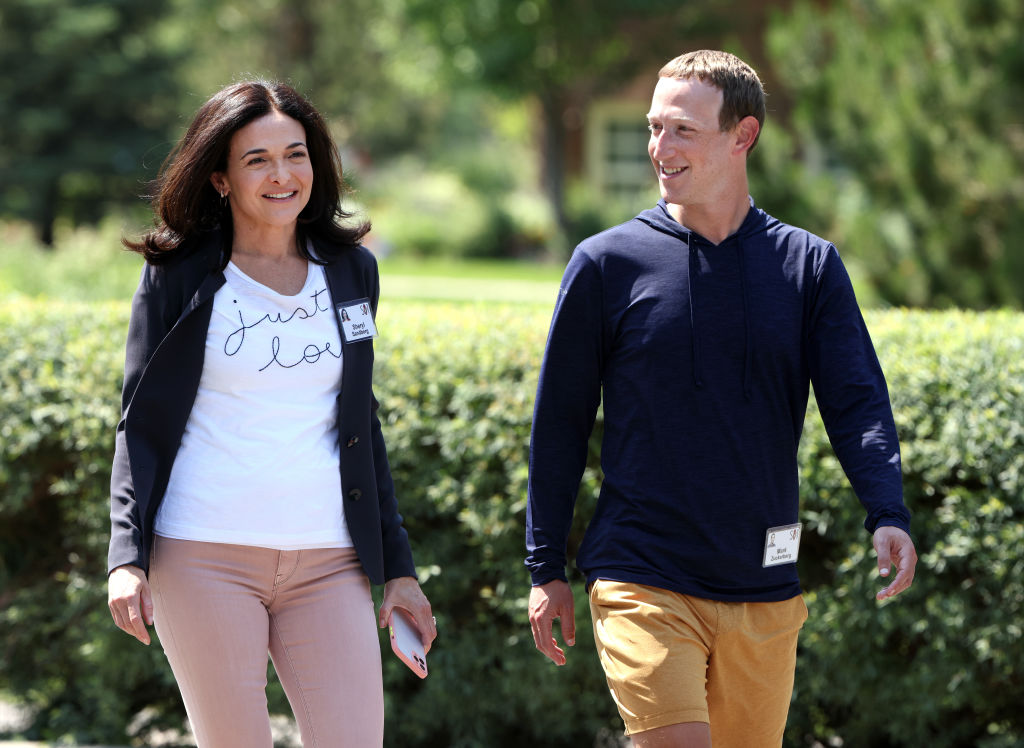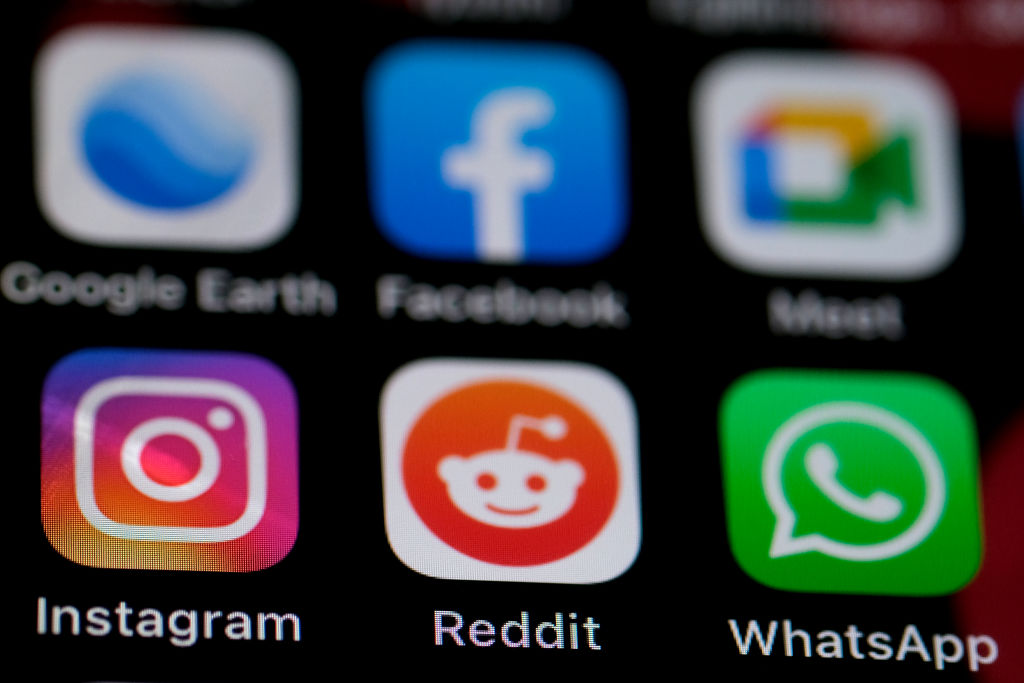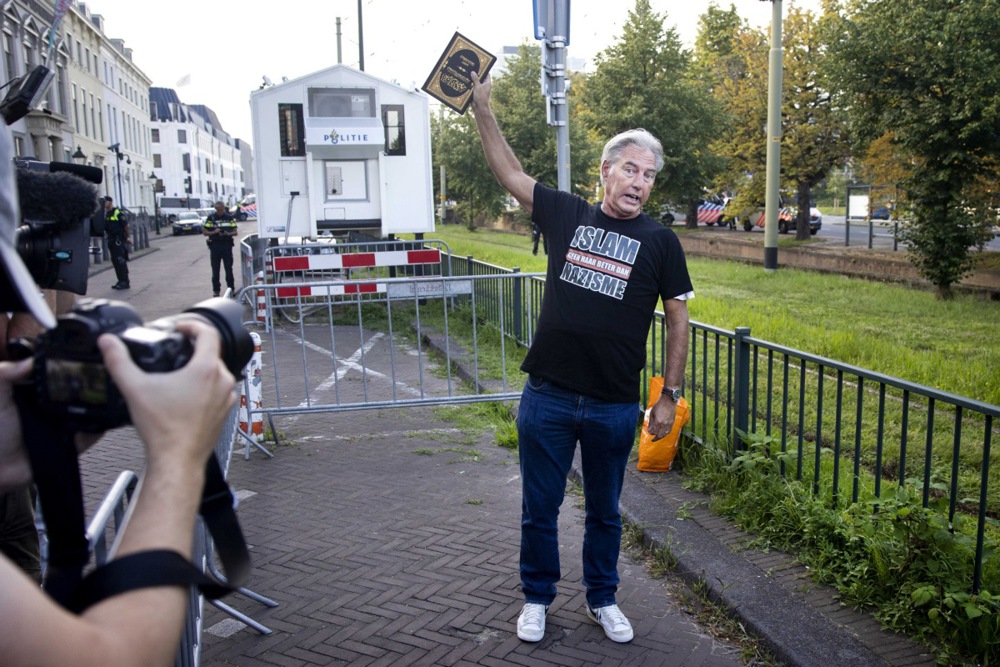Facebook has suspended one of its fact-checking organisations in Australia that came under scrutiny for apparently promoting a left-leaning bias and working without a licence, Sky News Australia reports.
The organisation was caught out by an investigation showing a secret foreign-funded bid to influence the upcoming Voice referendum.
The Australian Indigenous Voice referendum will ask voters to approve an alteration to the Australian Constitution, creating a body called the Aboriginal and Torres Strait Islander Voice.
The Royal Melbourne Institute of Technology (RMIT) has been found to have collaborated with Facebook owner Meta to block Australian journalism and influence fact-checking of news items related to the referendum. That is despite such practices being in violation of Meta’s own established rules for impartial fact-checking. The false fact-checks were used to prevent millions of Australians from accessing Sky News Australia’s coverage.
The RMIT Factlab operation – which was being paid up to $740,000 a year by Meta – will be banned from policing social media. Meta and the International Fact Checking Network (IFCN) will now investigate Factlab further.
The operators of RMIT Factlab were activists and allegedly, while they campaigned for the referendum, they used their power to execute false fact-checks against their opponents and even against journalists from Sky News Australia.
A Meta spokesman told Sky News Australia that the allegations led to a suspension of RMIT from its global fact-checking operation.
“The IFCN requires participating organisations to demonstrate a commitment to non-partisanship and fairness,” Meta said. “The IFCN will determine whether RMIT FactLab’s expired certification should be reinstated.
“Considering both the nature of the allegations against RMIT and the upcoming referendum, we have decided to suspend RMIT from our fact-checking programme pending the IFCN’s decision.
“We remain steadfast in our commitment to stop the spread of misinformation on our services and continue to partner with AAP and AFP in Australia.”
Sky News Australia discovered RMIT’s certification by IFCN had expired in December but internet policing continued without it, in breach of the rules.
The fact-checking operation was also likely in breach of section 2.2 of the IFCN’s Code of Principles, which do not allow such operations to unduly focus on one side of political debates. RMIT undertook 17 fact checks between May 3 and June 23 and each one was found to promote anti-Voice opinions.
Following the release of what it called the Fact Check Files, Meta has faced international scrutiny, exacerbated by billionaire Twitter owner Elon Musk who shared the revelations and stated Facebook was “manipulating the public almost everywhere on Earth”.
Facebook is manipulating the public almost everywhere on Earth.
That is why they won’t open source their algorithm. https://t.co/iO0PUO1joF
— Elon Musk (@elonmusk) August 23, 2023
Australian Senator James Paterson, the chair of the Australian Senate Intelligence and Security Committee, demanded an explanation regarding Meta’s censorship from its Australian Director of Public Policy Mia Garlick.
“A private company interfering with the free speech of Australians is cause for concern under any circumstances,” Paterson said.
“But the decision of a foreign headquartered social media platform to interfere with legitimate public discourse during a referendum to change the Australian Constitution is particularly egregious and cannot go unaccounted [for].”
Paterson asked Meta to provide a guarantee the Voice referendum debate would not be influenced or supressed by Meta moving forward.
Last week I wrote to Facebook parent company Meta to outline my serious concerns about their censorship of content relating to the Voice referendum. pic.twitter.com/Vy8HcDF6Zm
— James Paterson (@SenPaterson) August 29, 2023
“Looks like the fact-checkers have been fact-checked,” fellow Senator Gerard Rennick posted on X, the former Twitter.
Meta CEO and founder Mark Zuckerberg had promised that the fact-checking facilities used were both independent and overseen by the IFCN.
IFCN director Angie Holan said it was not her place to tell fact-checkers how to follow the code. “The IFCN does not dictate to fact-checkers how they abide by the principles,” she stated.
RMIT Factlab and their cash-for-fact-checking operation in Australia have been rightfully exposed and suspended, thanks to investigative journalism and public scrutiny. Fortunately, during their suspension, RMIT cannot censor and suppress much-needed rigorous debate on the Voice… pic.twitter.com/FOQK1bSP4P
— Rukshan Fernando (@therealrukshan) August 29, 2023
Facebook’s parent company Meta blocked and deplatformed a number of people in Australia by using false fact-checks – in violation of its own code of principles. https://t.co/sXpLnH6Upi
— Brussels Signal (@brusselssignal) August 23, 2023





